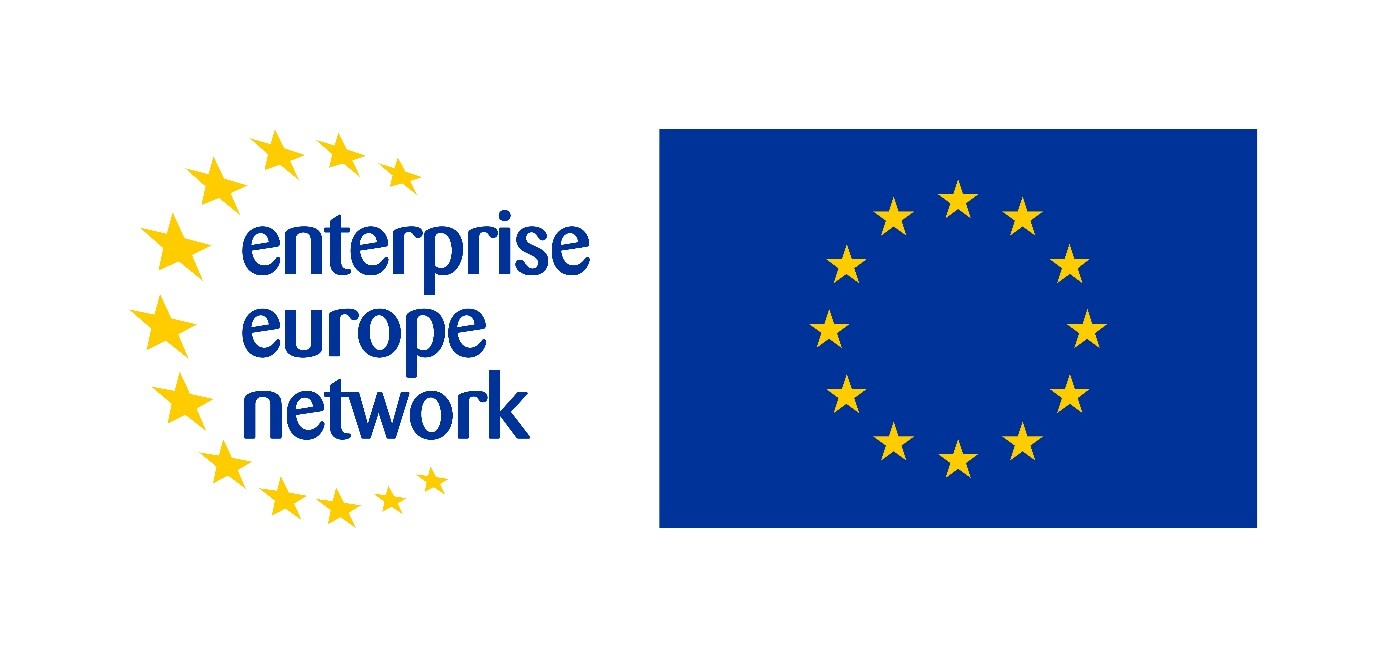US tariffs have caused a stir on the markets and throughout the global economy. ING economist Philippe Ledent deciphers the dynamics at play.
'Tariffs are my favourite word in the dictionary' Donald Trump warned during his election campaign in 2024. It was a threat that nobody seemed to take very seriously in the first few weeks of his presidency. Betting on encouraging US growth and promises of deregulation, the financial markets themselves struggled to temper their enthusiasm.
Then, in the spring, came the sudden announcements of the outrageous tariffs that the president intended to impose on the rest of the world. The consequences for the markets were swift, forcing the US President to take a series of steps backwards. But today, how are we to understand such a turbulent macro-economic environment? To help us see things more clearly, we asked Philippe Ledent, Senior Economist at ING, a few questions.
What can we expect from bilateral negotiations between the US and other countries?
'Different countries are applying very different strategies in response to Trump. The UK was quick to commit to an agreement. Europe favours dialogue but is methodically preparing retaliation packages if this does not succeed. China has not hesitated to engage in a show of strength. We have seen that all these approaches lead to pretty much the same result. In most cases, we can expect an increase of around 10% in customs tariffs', explains the economist. In most cases, these will be borne by produces, importers, wholesalers, and end consumers.
'When spread in this way, the increase seems manageable, and we should be able to avoid any major shocks,' he adds. Within the same chain, those with greater pricing power should fare better. But no one will be totally immune. In mid-May, the US retail giant Walmart announced a forthcoming price rise in its supermarkets, which will undoubtedly lead to a decline in consumer demand.
Has Trump’s word lost its weight? And what are the consequences?
In part, yes. 'Various stakeholders, including the markets, are gradually learning how he operates. If he wants a hand, he asks for the arm. Then he settles for the elbow and that opens the door to negotiations', describes Philippe Ledent. In this game, the president did indeed secure an increase in tariffs. But did the entire financial world need to be shaken in the process? For the future, the expert warns against the dangers of a toxic dialogue in which the stakeholders increasingly ignore the president's loud announcements, making him even more eager to add fuel to the fire.
‘Uncertainty is very bad from an economic point of view, because it makes all the players hesitate’ - Philippe Ledent, Senior Economist at ING
More fundamentally, he explains, 'this uncertainty is becoming unavoidable across a whole series of issues. This is very bad from an economic point of view, because it makes all the players hesitate'. We all know the extent to which an uncertain environment slows down business investments...
Will the process of ‘deglobalisation’ accelerate?
Lotus Bakeries, Apple, Sanofi... Since 'Liberation Day', several Belgian and international companies have announced that they are reassessing their supply chains. Some are ramping up production in the United States in order to serve their US customers without having to pay the new tariffs. Others are moving their assembly units out of the countries hit by the highest tariffs, notably China and South East Asia. ‘Rather than triggering a shock, Trump is accelerating what should be seen as an ongoing process’, explains the economist.
'Globalisation used to reflect a model of corporate organisation where there was no real concern about the origin of imported goods, especially with such low transport costs. Resilience was not an issue', he recalls. But over the past decade, this model has been undermined by various crises and protectionist measures. ' Covid was the first wake-up call, exposing vulnerabilities — including the hyperconcentration of production hubs — that we've since partly forgotten. Trump is simply reminding us of them', he continues. This deglobalisation won't necessarily mean a decline in trade, but rather greater diversification of supply chains. 'In a world subject to new constraints, sourcing where it is most efficient no longer necessarily means sourcing where it is cheapest. Companies will continue to seek efficiency in other ways'.
What advice should business leaders be given?
These days, it's more important than ever for any company that exports or is heavily exposed to international supply chains to have a resilience plan, says Philippe Ledent. 'This means analysing their pricing power, their suppliers and their own exposure to commercial or regulatory risks. But it also means looking for alternatives, should any of those disappear, while carefully assessing the impact of such changes'.
Does the situation also offer opportunities?
With its outcome still uncertain, the US-China tariff war could lead to a production surplus, which Chinese companies would sell in Europe at bargain prices. Is this a good time to rebuild inventory? ‘The European measures designed to counter Chinese products can be implemented swiftly,’ cautions Philippe Ledent. 'That said, even if stockpiling has a cost, being resilient also means being able to seize such windows of opportunity, if only because the opposite can happen very quickly.
What's more, the loss of competitiveness of Chinese products may lead some of them to reposition themselves on the US market.' Isn't it every entrepreneur's job to spot an opportunity behind every threat?
